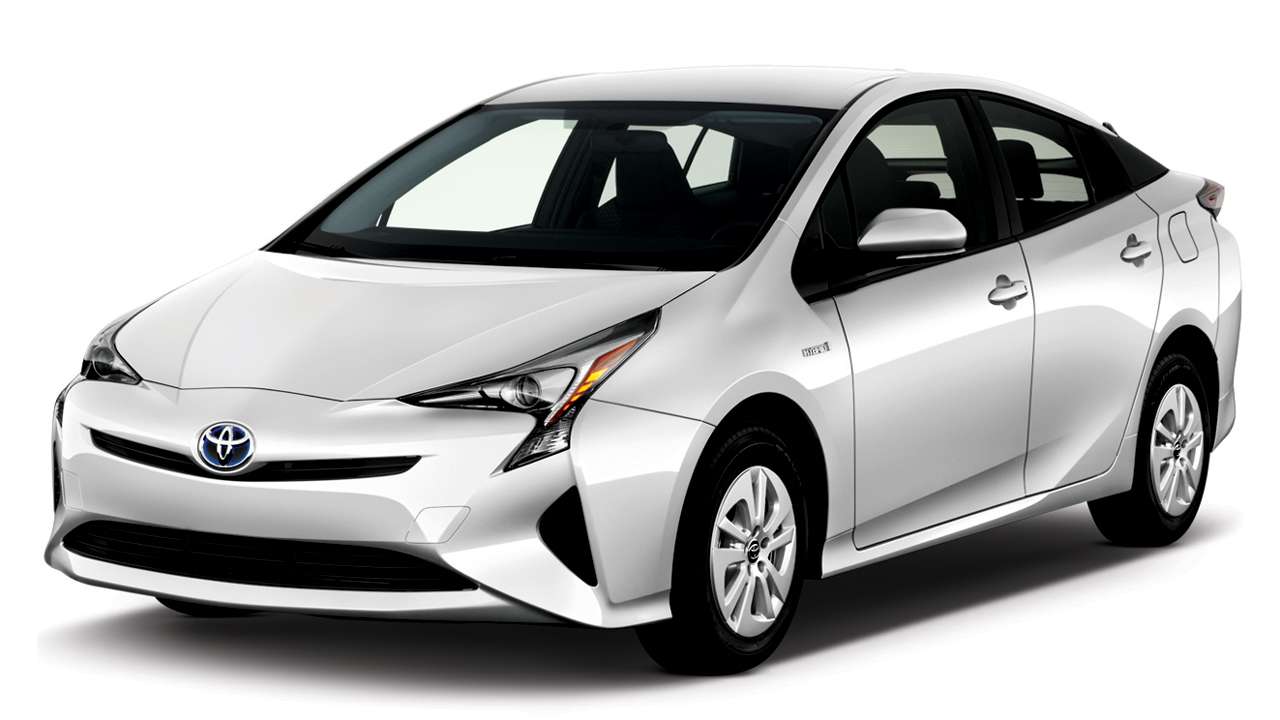
Last week, the Supreme Court decided an interesting case regarding trademark in favour of an Indian automobile spare part company and against the Japanese automobile giant Toyota. This decision, though in favour of the Indian company, is obviously following the path of strict legality and totally ignoring the fairness and justice part of the business dispute.
It so happened that by the turn of the century, Japanese giant Toyota had created a new trademark Prius, which gained popularity abroad, but was not launched in India. An Indian automobile spare parts company started selling products under the brand name of Toyota, Innova, and Prius a few years later. The Japanese company did not take any action immediately at that time, and it is quite natural also that the Japanese company might not have even known about this development.
Sometime later, when Toyota initiated legal action, the issue in the trial court was more about the protection given to registered versus unregistered trademarks, that is the comparison of the strength of protection to registered trademarks and the remedy of passing off under the common law. It is very well known in the legal fraternity that the protection granted to registered trademark is much more than that of passing off. However, an important consideration is that the registration itself must be genuine and without an intention of misusing already established marks, even if unregistered.
In the instant case, the trial court had no problem in deciding that the Indian automobile spare part company had wrongly – in law – used the trademarks Toyota and Innova. This decision was upheld by the High Court and Supreme Court.
The interesting aspect of the case was regarding the use of the word Prius. Toyota had not registered it in India and was relying on its reputation globally. Twenty years ago, the SC had decided in the landmark judgement of Whirlpool that global reputation of huge multinational corporations and the reputation spilled over transcending geographical boundaries. In that case, the court had gone ahead and deviated from the path of strict legality to decide the matter on the basis of fairness and equity so that the unscrupulous persons copying well-known marks should not get legal sanction.
In the instant case, it is most surprising that the courts have completely ignored the aspect of the dishonest intentions of the Indian company, which picked up the trademarks very well-known to most of the people in the elitist circles, and definitely to those who were doing business or even remotely connected to automobiles. The SC has reasoned that at the turn of the century the Internet penetration in the country was very low, and hence, it would not have been possible to consider the global reputation and a spillover effect. This is erroneous reasoning as any reputation did not and does not transmit only through Internet. What would have happened to the cases in the pre-Internet era? Did people not travel from one continent to another? Did they not talk to each other over telephones? Typically, the top-end brands are bought and used by the rich and powerful. It would be wrong to say that the reputation of any such brand would spread only through the Internet.
The SC has also ignored an important issue which pertains to the target segment of the market. While marketing to the rich and elite, any company would not focus on marketing the product to all sections of society and hence it is not necessary that most of the people in a territorial jurisdiction should be aware of the trademark which is in dispute.
This ruling will be treated as landmark, however, it ignores the fairness aspects and intention of the accused party. Such decisions send wrong signals to the society as all litigants are expected to come before the courts with clean hands. India, unfortunately, does not have a very high reputation for protection of intellectual property, and this decision would not help in bettering it.